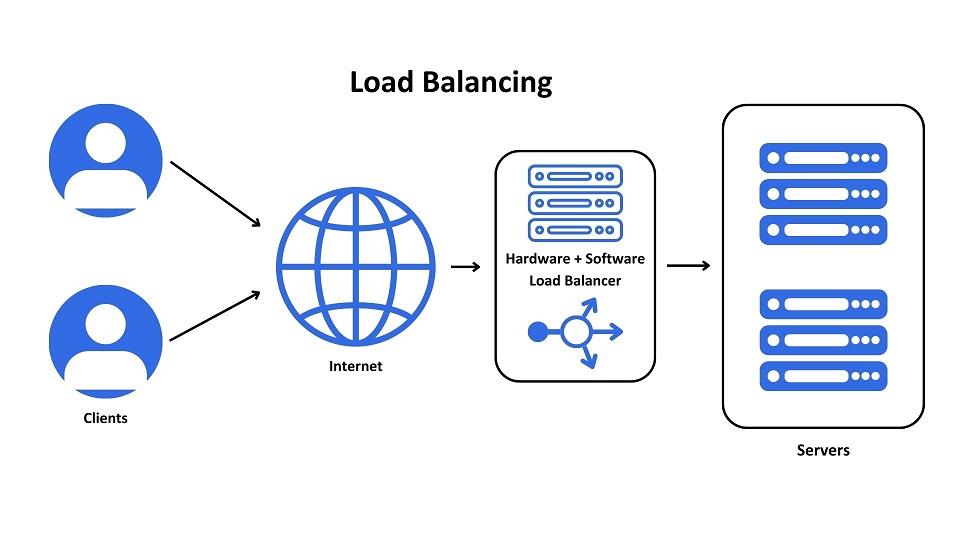.jpg)
Kubernetes is one of the hottest technologies in the software industry right now, and it's not hard to understand why. It offers a scalable, container orchestration platform that makes it much easier to manage and deploy containerized applications at scale.
View WhitepaperKubernetes is an open-source container management platform that automates the deployment, scaling, and management processes of containerized applications. It provides a container-centric infrastructure that abstracts the underlying compute infrastructure and provides a uniform API for managing containers. Kubernetes was created by Google in 2014 and is now a part of the Cloud Native Computing Foundation (CNCF).
Kubernetes automates the deployment and scaling of containerized applications. It ensures that the desired state of the environment is maintained by continuously monitoring the cluster and making necessary adjustments whenever required. It also supports self-healing, which means it can detect and recover failures or hang-ups within the cluster.
To learn more about container orchestrisation and Kubernetes, check out our other blogpost here.

Kubernetes comes with built-in service discovery features that allow containers within the cluster to communicate with each other using DNS or IP addresses. This makes it much easier to manage microservices, which are typically run as multiple containers deployed across multiple hosts.
Kubernetes can automatically distribute incoming traffic among multiple containers, which makes it easier to scale applications horizontally. This means that you can easily add or remove containers as per demand, without worrying about the underlying infrastructure.

Kubernetes supports various storage providers such as local storage, NFS, Amazon EBS, and others. This makes it much easier to manage storage resources for containerized applications. Kubernetes can also manage storage with dynamic provisioning, where storage volumes are created on-demand as applications require.
Kubernetes is critical for managing containers in the cloud because of its numerous benefits for developers and operations. With Kubernetes, organisations can easily manage and deploy containerized applications at scale, without worrying about the underlying infrastructure. Kubernetes also enables rapid deployment and scaling of applications, which is essential for organizations looking to remain competitive in today's fast-paced business environment.
Kubernetes has emerged as the standard for container orchestration and management for cloud-native applications. It provides a fast, reliable, and scalable platform to manage containers, while also simplifying the management process. With Kubernetes, developers can focus on writing code, while operations teams can focus on deploying and scaling applications at scale. This makes it the perfect solution for organisations looking to improve their container deployment process, and take advantage of cloud-native technologies.
If you're interested in Kubernetes, you can look at our Kubernetes as a Service at Zeus Cloud.